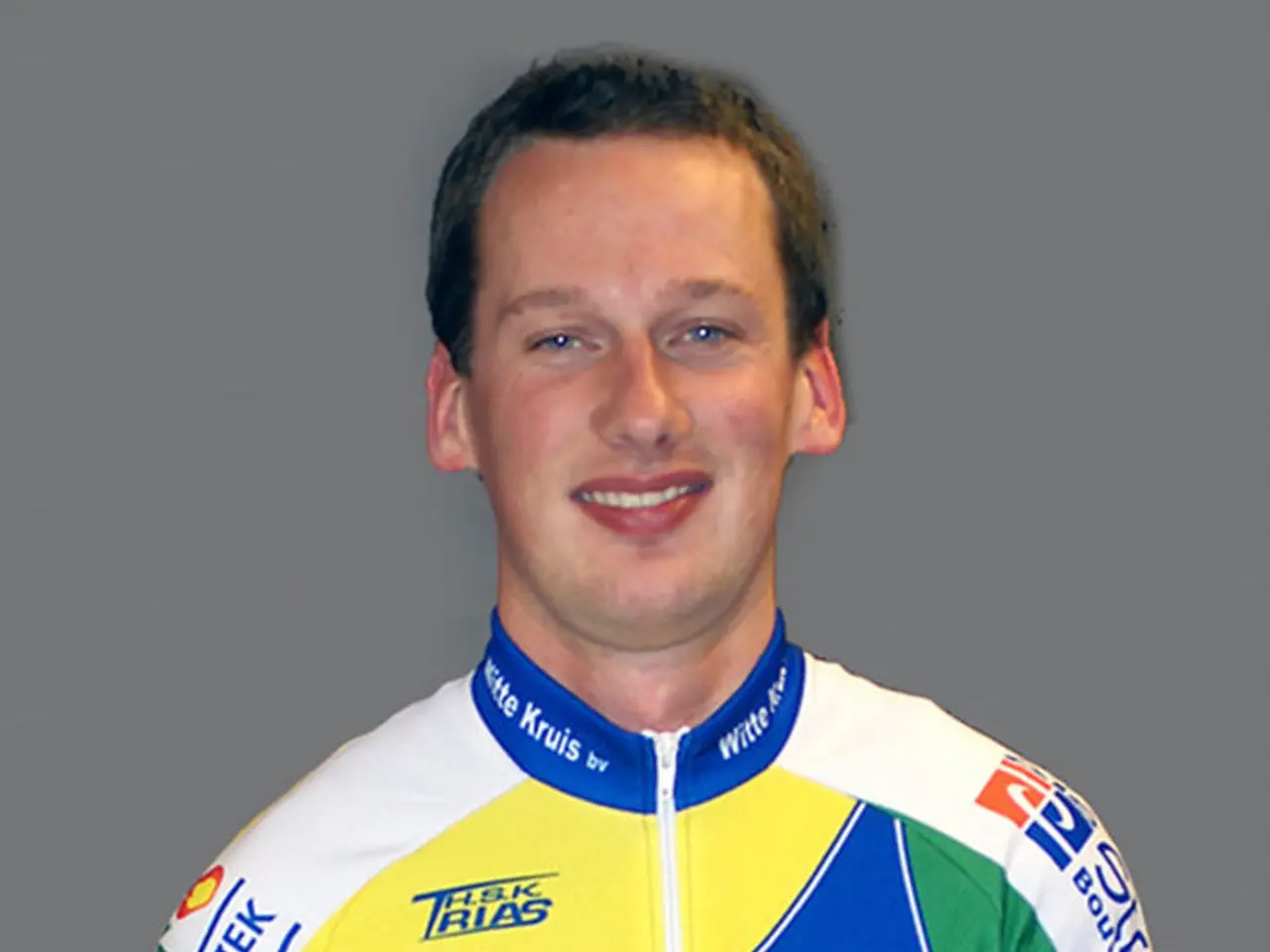Heart Attacks Claiming Athletes' Lives: What Is the Prevalence?
In the world of sports, the health and safety of athletes are paramount. A recent body of research sheds light on the potential risks associated with sudden cardiac death (SCD) in athletes and the measures that can be taken to prevent it.
Neglecting health, proper nutrition, sleep, and recovery can increase the risk of SCD in athletes. Proper medical equipment should be readily available wherever an athlete exercises or competes to reduce the risk of injury or death.
Myocarditis, a condition that can lead to heart attack, is a leading cause of SCD in young athletes. A 2019 retrospective study found that 50% of athletes had symptoms of heart disease before cardiac arrest.
Researchers have found that the instantaneous risk of a catastrophic event for people with heart disease is no longer significant for people who participate in more than 5 hours of exercise per week. However, a family history of cardiovascular disease or sudden death is a risk factor for SCD in athletes.
Sudden cardiac arrest in athletes during and after athletic competition is very uncommon. The risk is higher for male athletes, with the rate estimated to be between 1 in 50,000 to 1 in 80,000.
Warning symptoms of SCD during athletics include abnormal chest discomfort or shortness of breath during or within an hour after exercise. In such cases, immediate action, such as the use of an automatic external defibrillator (AED), can significantly increase the chance of survival. The immediate use of an AED increases the chance of survival for high school athletes following SCD to 89%.
Recent studies have explored the potential link between COVID-19 vaccination and heart attacks in athletes. However, there is no clear evidence that athletes have a higher risk of heart attack related to COVID-19 vaccination. Large studies show COVID-19 vaccines generally reduce cardiovascular risks after infection, and specific data linking vaccination to increased heart attack risk in athletes is lacking or inconclusive.
The American College of Cardiology recommends cardiac screening for all athletes who have cardiopulmonary symptoms before they return to play after having COVID-19. A study on 4,931,775 vaccinated people found an average of 5.7 events of myocarditis or myopericarditis per 100,000 vaccinated people.
Exercise helps prevent heart disease, but intense, longer bouts can raise the risk of sudden cardiac events. Sports-related deaths are majorly due to coronary artery disease in adults and cardiomyopathy or arrhythmia in youths.
In conclusion, while the risk of sudden cardiac death in athletes is relatively low, it is crucial to prioritise health, proper nutrition, and regular medical screenings to minimise the risk even further. Proper medical equipment, such as AEDs, should be readily available in all sports venues. Furthermore, the ongoing research into the potential links between COVID-19 vaccination and heart attacks in athletes is essential to ensure the safety and well-being of all athletes.
Read also:
- Abu Dhabi initiative for comprehensive genetic screening, aiming to diagnose over 800 conditions and enhance the health of future generations in the UAE.
- Elderly shingles: Recognizing symptoms, potential problems, and available treatments
- Exploring the Reasons, Purposes, and Enigmas of Hiccups: Delving into Their Origins, Roles, and Unsolved Aspects
- Various forms of cataracts include nuclear, pediatric, traumatic, and additional types







